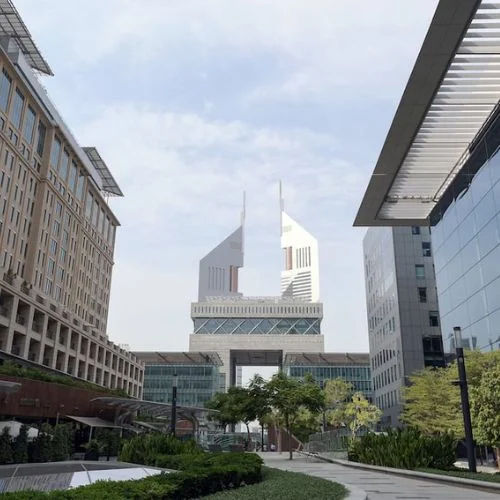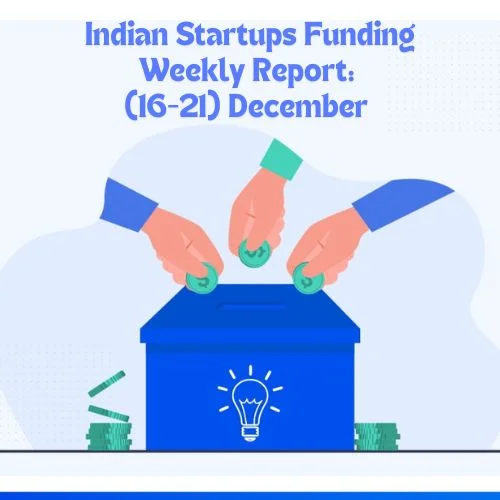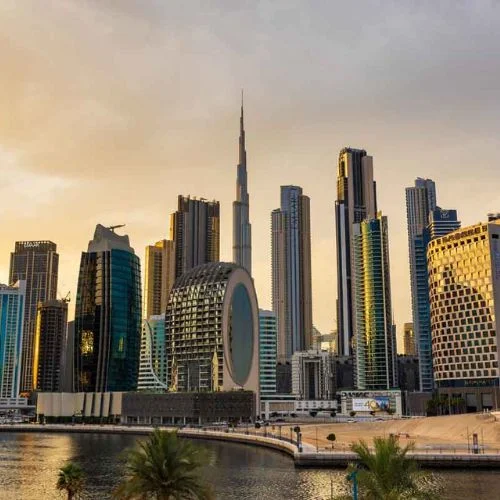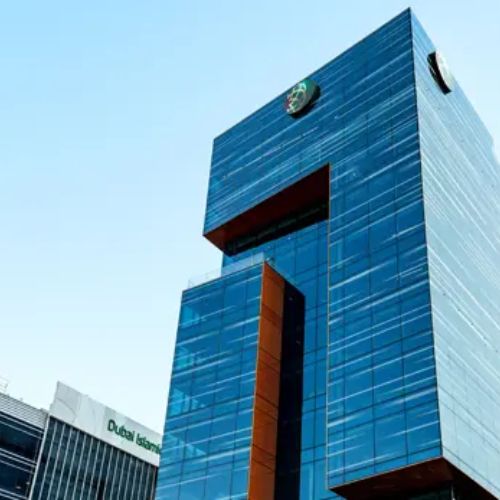The G20 Summit 2023 in Delhi will feature discussions on a wide variety of subjects, reflecting both India’s particular priority areas and the changing global situation.
The G20 summit, commonly referred to as the Group of Twenty, is an organization made up of the European Union and 19 different nations. These member countries account for 85% of the world’s economic production and 75% of its commerce, making them important actors in the international economy. According to BBC News, the G20 countries account for around two-thirds of the world’s population.
As per the report of Forbes, these topics will be discussed:
Increasing loans to developing nations: An emphasis on increasing financial assistance provided to poor nations by global agencies
Reforming international debt structures: Actions taken to ensure sustainability and equity in the management of the world’s debt.
Regulating cryptocurrencies: Addressing the potential and problems that cryptocurrencies provide, particularly the regulatory frameworks
Impact of geopolitical uncertainties: Evaluating the impact of geopolitical unrest on the security of food and energy worldwide.
India’s specific focus areas for the G20 2023 Summit include:
Green development, climate finance, and LiFE: The dedication to combating climate change, with a focus on climate financing, technological transfer, and fair energy transitions. the launch of the LiFE movement, which advocates ecologically responsible behavior in keeping with India’s sustainable heritage.
Accelerated, inclusive, and resilient Growth: Sectors with the potential for structural change should be prioritized, as should aiding small and medium-sized businesses in international commerce, advancing labor rights and welfare, closing the global skills gap, and creating inclusive agriculture value chains and food systems.
Accelerating progress on SDGs: Goals from the 2030 Agenda for Sustainable Development should be reiterated, with an emphasis on reducing the effects of the COVID-19 epidemic.
Technological transformation and digital public infrastructure: Support for a human-centric view of technology, promoting knowledge exchange in sectors including financial inclusion, digital public infrastructure, and technology-driven advancements in agriculture and education
Multilateral institutions for the 21st century: Aims to improve multilateralism in order to handle modern concerns by making it more responsible, inclusive, and representative
Women-led development: An emphasis on women’s representation and empowerment in order to improve socioeconomic development and meet the Sustainable Development Goals (SDGs).















